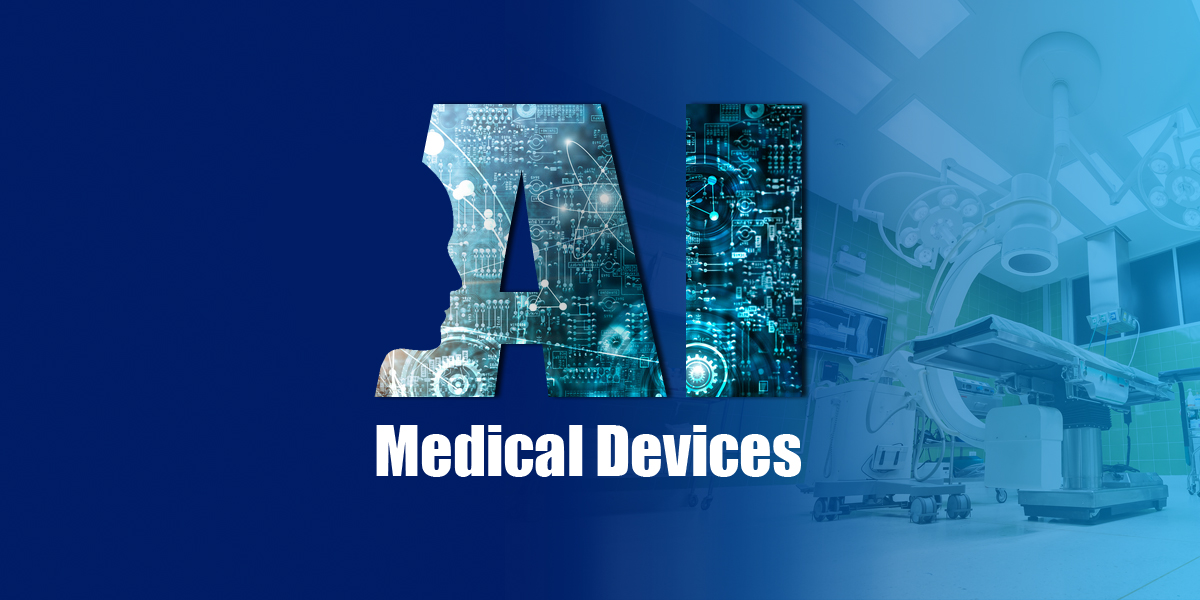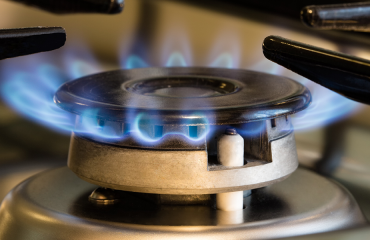Due to shortages of qualified medical staff and consistent with the Chinese government’s emphasis on AI technology, the NMPA has made a number of announcements providing guidance on the registration process for AI software in the healthcare sector. The most recent was in March 2020 to provide an assessment framework for product registration of Corona-related diagnostic software.
Large Chinese companies such as Tencent have also been heavily investing in AI software in the fight against Corona virus, as reported here in Chinese newspapers recently.
Software that assists with curative or diagnostic processes in China generally must be registered as a medical device with the NMPA. China has two kinds of license for AI medical devices: (1) assistive products, being those which aid healthcare professionals in their provision of care to patients; and (2) diagnostic products, being those that assist with determining the cause of an ailment.
On 05.03.2020, the Center for Medical Device Evaluation of NMPA (National Medical Products Administration) released (No.8-2020) the assessment framework for the product registration of pneumonia diagnostic software in China. The assessment applies to SaMDs (software as a medical device) adopting deep learning technology to evaluate chest CT scans, to assist triage and to diagnose clinical cases affected by the Covid-19 pandemic.
According to the NMPA, this type of software product is classified as a Class III medical device, and the software security level is B. The assessment framework advises manufacturers to focus on, but not limited to, the following requirements for the preparation of research data and supplementary materials:
Basic functions
The software should at least cover one of the following functions:
- Anomaly detection
- Quantitative analysis (For example: Lesion volume ratio, CT value distribution, etc.)
- Data comparison (Manual or automatic)
- Report output
Anomaly detection is used for the triage of suspected cases, whilst quantitative analysis and data comparison are used for the diagnosis of confirmed cases.
Data for Machine Learning
- The chest CT scan images of a minimum of 2000 Covid-19 patients
- Must be sourced from three medical institutions, and one of the medical institutions must be located in a Covid-19 heavily-affected area
- Must include the chest CT scan images of the initial and advanced stage of confirmed Covid-19 cases
Data Distribution
The data distribution of Covid-19 information based on the following factors:
- Demographics (For example: Gender and Age)
- Stages (Initial, advanced, and severe) of the chest CT scan images
- Data sourcing companies
- CT scan equipment (For example: Manufacturer and Layer thickness)
For SaMDs adopting traditional machine learning technology, the manufacturers are advised to refer to another assessment framework (No.7-2019) released by the CDME on 03.07.2019. This assessment framework applies to the product registration of SaMDs using deep learning and traditional machine learning technologies to assist medical staffs in making clinical decisions.
Both traditional machine learning and deep learning technologies are a subset of AI, however, the former normally requires human intervention for the feature extraction process, whilst the latter automatically completes the feature extraction process itself. The assessment framework addresses the basic principles of evaluating the risks, benefits, safety and effectiveness of the SaMD throughout its product lifecycle to ensure the pre-market and post-market regulatory requirements have been met.

 Deutsch
Deutsch  Italiano
Italiano  Français
Français  日本語
日本語  한국어
한국어 



